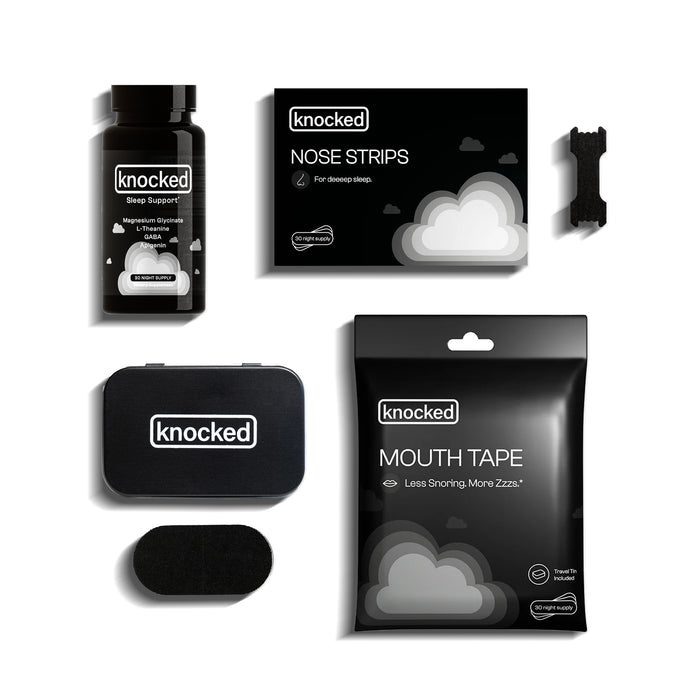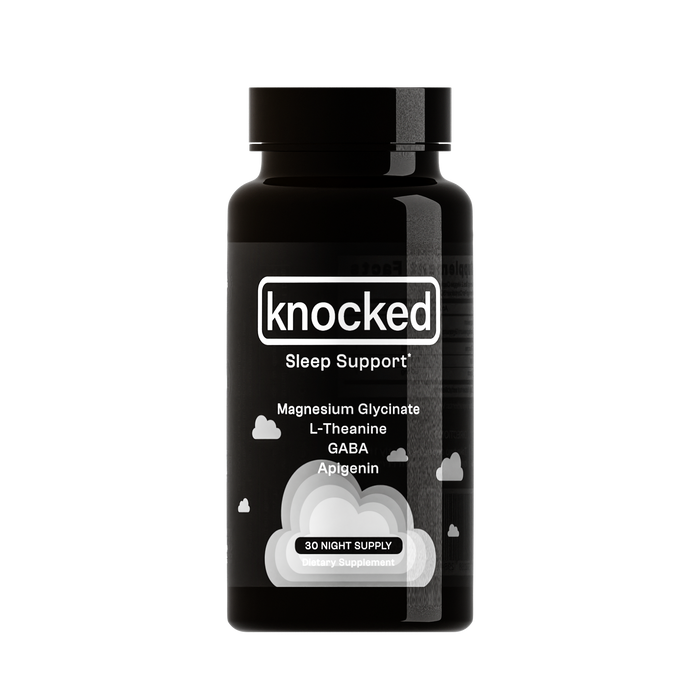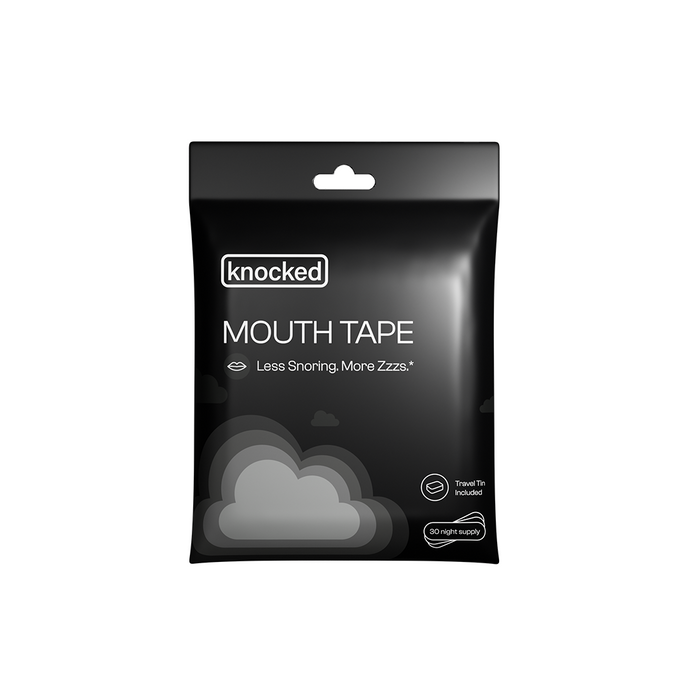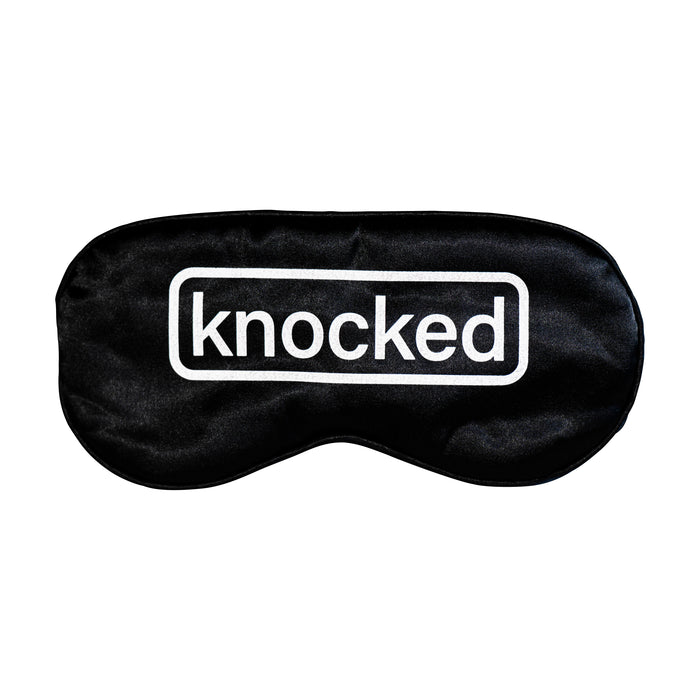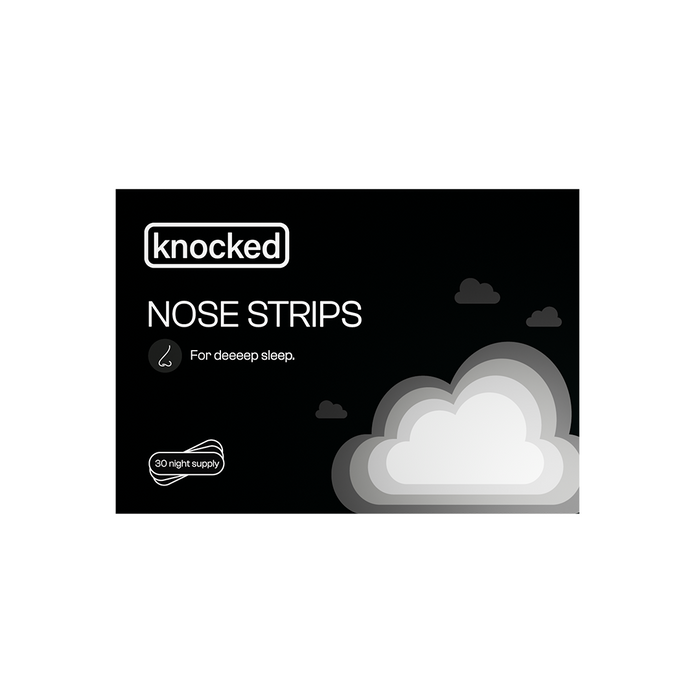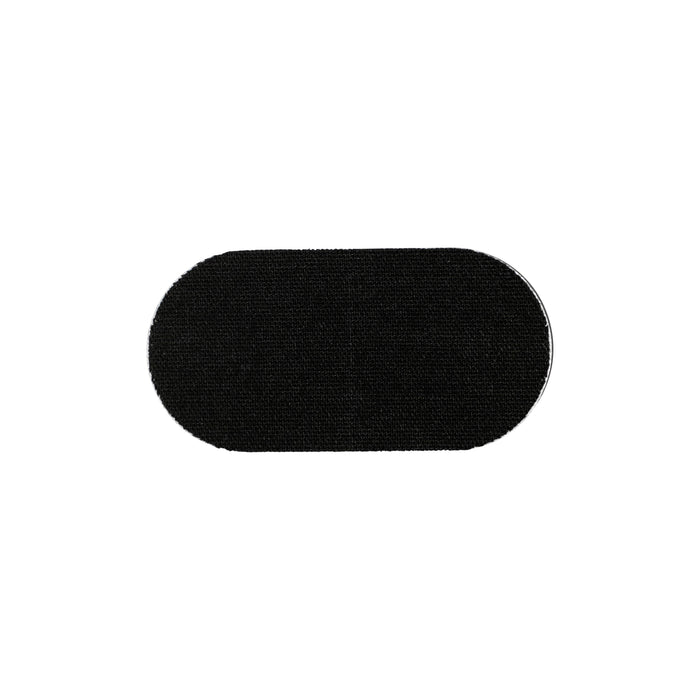

The Science Behind Supplements: Understanding the Benefits and Risks
The word "supplements" often carries the connotation that they are meant to compensate for deficiencies in one's diet, but this is not always the case. Many supplements are highly effective for enhancing sleep, hormone function, and focus, but these compounds may not be found in food or in abundance to have the desired effect.
Most people need to consume more of the foods that contain these compounds or pay more attention to their diet to obtain them. Therefore, it's crucial to consider different factors when deciding whether or not you should be taking any supplements, including:
- Your dietary needs: Are there specific nutrients that you are lacking in your diet that a supplement could provide?
- Your health condition: Some health conditions may require specific supplements to manage symptoms or to prevent complications.
- Your medications: Some supplements may interact with your medicines, so you must check with your healthcare provider.
- Your age and gender: Men, women, and children have different nutritional needs, so it's essential to consider these factors when deciding which supplements to take.
- Your goals: Are you looking to improve your energy levels, focus, or sleep? Different supplements may have other effects on your body.
- Your budget: Supplements can be costly, so it's essential to consider the cost before starting a supplement regimen.
- The quality of the supplement: Ensure the supplement is from a reputable company and the ingredients are clearly labeled and safe.
- Possible side effects and interactions: Some supplements may cause side effects or interact with other medications you are taking, so it's essential to be aware of this before starting a supplement regimen.
- Your healthcare provider's opinion: It's always a good idea to consult with your healthcare provider before starting any supplement regimen, as they may have additional recommendations based on your individual health needs.
The question of whether or not these compounds are safe and beneficial for us is an important one. The answer is that, like everything else, supplements can be good for us or dangerous for us depending on dosage, sourcing, and other factors. It's essential to think about accessories in a rational, holistic way and to set aside the idea that all non-prescription compounds that fall under the umbrella term "supplements" are simply things that could be extracted from food. Remember that not everyone will need to take supplements.
